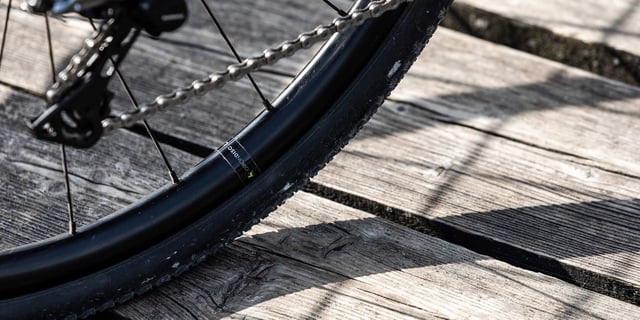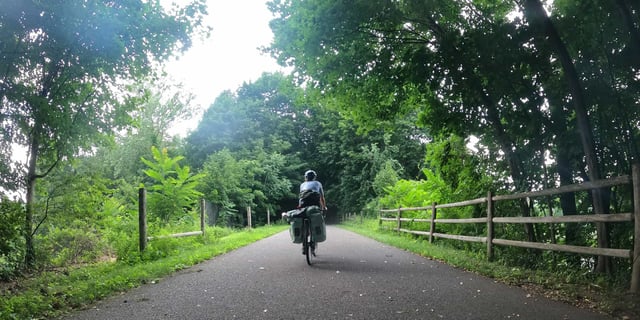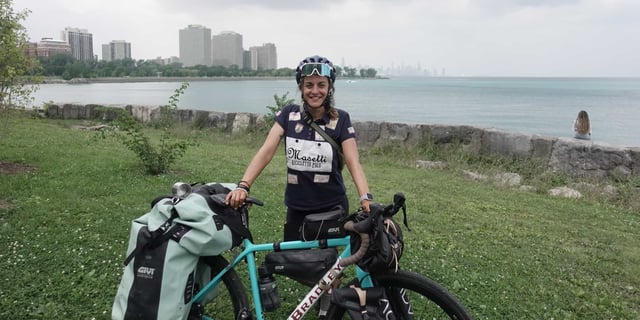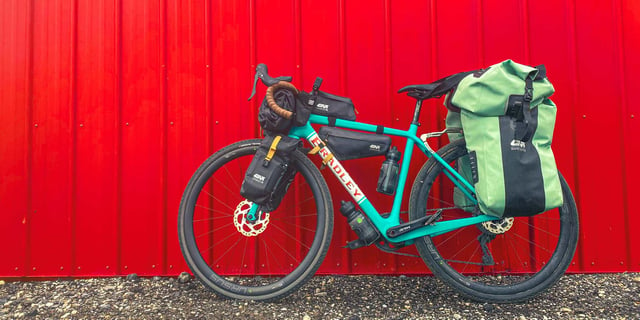
Cycling teams are real squads, where each athlete collaborates to reach a common goal. The role of the domestiques is as important as that of the captain, climber or sprinter. Yet, those who watch this sport from afar may not have the right perspective on how important it is to work together to win.
We asked a legend of Italian cycling to explain to us from a unique vantage point the roles, the mechanisms that are triggered within the teams and some fun facts. So let’s hear from Alessandro Petacchi.
Those who do not practice cycling at a high level may not gather that cycling is a real team sport. What do you think?
Alessandro Petacchi: “People who do not cycle at a a high level cannot grasp this team spirit. Even amateur cyclists normally face short, one-day races instead of doing a grand tour such as a Giro d’Italia, a Tour de France or a Vuelta de España which is a very different thing.
Within a professional cycling team there are many aspects that are difficult to explain, as everything can happen on a route that can be as long as three weeks. For example, there are tactics, manoeuvres even in anticipation of what other teams can do.
So, it is normal for those who have not been professionals and have not been able to participate in the big races to not have the feeling that cycling is a team sport and that they have never felt the thrill of a result that is achieved thanks to the work of the whole team.”
What are the roles in a cycling team?
Alessandro Petacchi: “There are many roles in cycling today. From the point of view of the organisation of a great team, there is the contribution of everyone, from the office staff to the depot staff. Technical clothing, bicycles, etcetera, are managed here, depending on the races that the team will have to face.
Then there are technical roles. One very important role is the avant-cours, which precedes the group by about an hour to check the route. This is done especially in large stage races or in winter races (especially in countries with a more hostile climate, where knowing the route allows you not to lose time in the race).
The role of the Sports Director, who must know how to read and prepare for the race, and that of the athletic trainers is also fundamental. The latter must know how to create a seasonal programme, which is often interrupted by falls, accidents, injuries and so on.
As for the cyclists, there are some athletes better suited to do the “dirty work”, striving from a distance. They are often accepted into a team precisely because they have the right characteristics.
For example, a climber who has to win a big lap also needs other cyclists who know how to push uphill with a strong pace and to stay close together. Today, competitions are difficult, because athletes have very similar physical training and use advanced technologies. In the end, it is the individual physical form that affects a lot.
Regarding the roles in the sprints, however, organising a train is not easy. Each cyclists plays a very important role. It is difficult to get your sprinter into the best position at the end of the race. You go at over 60 km/hour and the train has to set off in the last minutes, when making mistakes of even 15 metres risks jeopardising victory.”
.jpg?width=576&height=288&name=petacchi%20interno1%20(1).jpg)
How do athletes communicate with each other during a race?
Alessandro Petacchi: “Radio is used in almost all races, so communication is very simple. In competitions such as the world championship or the Olympics, however, you cannot use radios, so you must plan the tactics of the race in advance.
They are tactically a little simpler because they are run on the circuit. You still have to be very careful and plan the ride. The cyclists must try to communicate through little gestures or with words. Communication depends a lot on the rapport between the teammates – when you compete for the national team, you race together with athletes who are part of other teams but a way to effectively communicate is always found.”
During the races, how important is the role of the Sports Director, who follows the team from inside the team car?
Alessandro Petacchi: “The Sports Director plays an important role and must be charismatic. Their role is to plan the races then remain intently focused during the competition, giving the athletes as much information as possible via radio, from inside the team car.
In my opinion, communicating a lot of information is increasingly important – especially in recent years where you go very fast thanks to technology, the wheels, technical clothing and the like. Especially if the roads are not great, it is important for the cyclist to know in advance if they will encounter any dangers.
The Sports Director inside the team car can also seek to collaborate with the Sports Directors of the other teams during a race in seeking to forge a common tactic, especially in Grand Tours with stages. For example, if one team is interested in having the leader of the general classification and another team wants to win a mid-mountain stage, perhaps a collaboration agreement can be reached.
In one-day races, this cannot happen and the role of the Sports Director must be to give maximum information to their cyclists, who are fighting for victory or placement.
Finally, the Sports Director must always be very present, also to intervene as soon as possible in the event of mechanical problems in the back of the group.”
.jpg?width=576&height=288&name=petacchi%20interno2%20(1).jpg)
There is an iconic image of Mario Cipollini reaching the finish line of the 2002 World Cup, after a great job by you and the whole team. In such moments, how much does it cost to give way to the captain, for a competitive athlete accustomed to winning?
Alessandro Petacchi: “Yes, that’s an image that will remain in the history of Italian cycling, because it’s not easy to win a world championship.
In 2002, Mario Cipollini was strong because he also won Milan-Sanremo and Gand-Wevelgem. I was already an established cyclist but I would have to wait another year to win and beat Mario in a big race. So the fact that the whole team would support Cipollini had already been planned in January. As a professional, I agreed to do my duty and do my best for the National Team.
It is clear that in those moments, when you know you can do well too, it is not easy. For a cyclist with my characteristics, with a path of that kind, to start a sprint because you have to work for another sprinter, it’s not easy. Especially because a world championship with a path so suited to my characteristics was difficult to find.
I had my chance in 2005, with another world championship with characteristics quite sutied to mine. The previous week, I had finished the Vuelta winning 5 stages, including the last. But I got sick exactly at that time, so I didn’t reach the World Cup in great condition.
In 2022, the Zolder sprint would have been perfect for me too but despite winning a lot that year, I still hadn’t given any guarantees on the long distances. The whole Italy team did an excellent job with the train to then allow Cipollini to do the sprint, which he did amazingly well, beating McEwen and Zabel.
They were two great champions, who were within my reach that year and I could have played it. If the national team had worked for me, maybe I could have won my World Cup too but for that year, there that structure was already decided upon and it was not possible to change it.”



